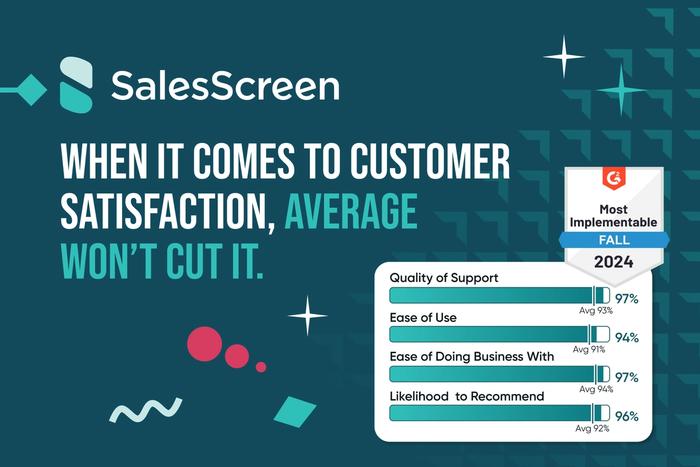Here, our sales director Kim Jakobsson shares some insights.
The hardest part in building up a great sales team is finding the right people for the long run. To find someone who can deliver today is not so difficult; but to find someone who keeps delivering tomorrow, next week and next year, is much trickier. The Pareto principle (also known as the 80–20 rule) tells us that 80% of your sales come from 20% of your clients. But it also tells that 20% of your sales reps usually account for 80% of your sales. So, where can you find more of those talented salespeople to ensure that your 80–20 rule becomes more like a 100–100 rule?
Lesson One — Go with Your Gut!

The first thing that most sales leaders see when they look at a resume is, of course, past experience; but don’t be afraid to look beyond that. Everyone has to start somewhere and if you learn to be open-minded and objective, you may find that some of the applicants who have never closed a single sale before may have vast untapped potential. By listening to your instinct and paying close attention to the way that he/she presents themselves, you may find a few hidden gems.
Example
One time, I hired a person that my colleges said was too young and inexperienced. There was not much on his resume and he had never worked in sales before. But, by his demeanor and quick wit, I knew he had what it took to make a great sales rep. When I hired him over other more experienced applicants, my colleagues thought I was crazy. “He will be gone in a few months”, they said “… and then we will have to hire someone all over again”. Well, 6 months later he was outselling everyone else in our office before eventually becoming a sales manager and then moving on to become a very successful speaker and sales/marketing consultant here in Norway. I found an unpolished diamond.
Lesson Two — Look for a Team Player

The second thing I look for in a sales rep is how well they sell themselves and work together in a team environment. It’s not hard to find overconfident salespeople with great stories who make themselves sound like they were solely responsible for keeping the revenues up. But, if they don’t fit your company culture and your team, then what good are they? Learn to pick the people who will fit naturally with your team.
By nature, sellers are competitive and strive to be the best; but, a new seller who is too aggressive can disturb a previously balanced team and cause unnecessary chaos. One sales rep could be a perfect fit for one team, but devastating to another. As a sales leader, one of your primary responsibilities is to understand your sales teams and to ensure a smoothly flowing dynamic between the reps. It is essential that sales leaders understand their people, their preferences and their capabilities. Doing so will allow you to make educated decisions that will benefit your organization for the long-run.
Example
Once, I was put on a team where everyone was quite new and hungry. While it was a good idea to put all the beginners on the same team, the pack quickly began to separate into groups. There were a couple of people who did exceptionally well and were placed into a team with equally hungry seasoned veterans, which kept the fire on and kept them motivated to continue scaling their progress. Some of those who were in the middle were also placed into seasoned teams, but with more relaxed and average quotas, allowing the new reps to be mentored and trained by their peers. As the sales leaders learned more about the new reps, minor adjustments were made to maximize the flow and rhythm between teams. In total, everyone exceeded their targets and found themselves in a group that fitted their personalities and abilities. Win-win.
Lesson Three — Check Their References

When you receive new applications that pass the smell-test, the first thing to do is start by immediately checking references. Even when a candidate looks great on paper, they may have been a major problem-child in their previous workplace. So, be sure to check references thoroughly even if you really like the candidate and want to bring them in immediately for an interview.
Example
I once had a candidate who was great on paper: great background, solid business degree from a well-known school, 5 years’ previous experience in sales management and great references. However, after the interview was over, I moved on to the stage of calling references… and not a single person that he had listed had ever heard of this guy, much less worked with him. It was just fake; the degree, the experience, the reference, all of it was fake. This guy had probably gambled on putting such an impressive resume together that nobody would need to check. Well, his gamble failed and I passed his CV to all my friends to keep an eye out for him. Lesson learned, always do your homework.










